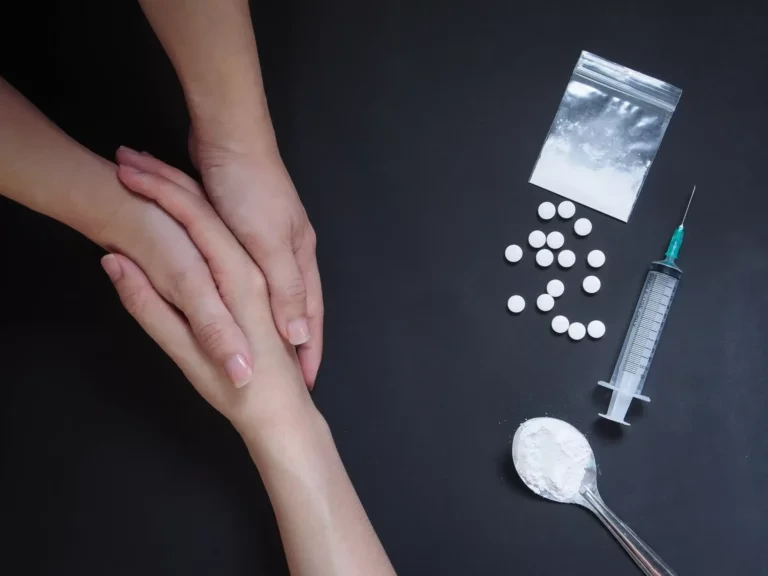Risks of Long Term Buprenorphine Use
The risks of long term buprenorphine are still being realized as research studies continue. Many scientists believe the long term risks are the same as with other opioids. It seems the withdrawal effects can be serious when the individual ceases to take the drug. Common long term complaints include depression, fatigue, and insomnia. Similar to other opioids, the immediate withdrawal effects includes sweating, nausea, constipation, dry mouth, irritability, and muscle weakness. Professional help is available for anyone plagued by addiction to buprenorphine. A quick phone call will connect you to the help you need.

Did You Know? The Risks of Long Term Buprenorphine Use Includes Death
Risks of Long Term Buprenorphine Use
Buprenorphine is the favorite choice to treat addiction because its effects while being used are relatively mild. Because buprenorphine doesn’t bind to all the opioid receptors, the side effects are minimal and the euphoria is mild. One of the risks of long term buprenorphine is in its use as a “harm reducing” remedy. Instead of directing addicts to a drug treatment center where they will receive ongoing private and group therapy and relapse prevention guidance, many in the medical community think opioid addicts can’t recover and prescribing a “harm reducing” drug offers some overdose protection. Because of this lack of belief in the addicted patient’s ability to recover, many doctors just write out a prescription, and hope for the best. If someone you love is addicted to opioids, never believe they can’t recover. One phone call will connect you to a trained counselor who will put in touch with a professional addiction recovery center near your location. Your loved will receive everything he or she needs including detox, rehab, therapy, and relapse prevention programs in one location. Inpatient programs are the best option for opioid addiction because every temptation is removed from the patient, and he or she can concentrate on recovery.
Long Term Side Effects Of Suboxone
The original development purpose of Suboxone (combined drug) was to treat addiction to drugs such as morphine, codeine, fentanyl, OxyContin, and others. Buprenorphine (synthetic opiate) was combined with Naloxone (opiate antagonist) to create Suboxone. Long term side effects of Suboxone can include multiple medical issues. Many times when an opioid users relapse they use too high a dose of a drug, overdose, and die. This happens because he or she has a reduced tolerance to the drug, and may combine it with alcohol. Doctors prescribe Suboxone believing the milder drug will reduce the number of overdose deaths. One of the problems with this train of thought is the neglect of psychological help to determine the underlying factors of the addiction. The long term side effects of Suboxone include building a tolerance to it and becoming dependent on it. Withdrawal symptoms of Suboxone include:
- Fatigue
- Anxiety
- Respiratory suppression
- Depression
- Insomnia
- Loss of libido
- Night sweats
- Joint and muscle pain
- Psychosis
Is Suboxone Bad For You
The withdrawal symptoms of Suboxone withdrawal last longer than those of the drug it is replacing. Suboxone can stay in the body for as long as nine days, and the detox itself can last several weeks or even months. This results in painful physical symptoms, serious bouts of depression, and other psychological issues. It appears that Suboxone is causing more harm than good as it is harder to quit than OxyContin and heroin. The withdrawal symptoms can come in repeated waves and cause the user to relapse. Is Suboxone bad for you? In most cases the answer is yes. Still, more-and-more prescriptions are written for Suboxone in place of recommending treatment and a psychological evaluation. Until this dangerous approach to addiction treatment changes, more people will become addicted to Suboxone.
Don’t take risks by replacing one addiction with another. Opioid recovery is possible, inpatient detox, therapy, and relapse prevention program is changing lives. Make the call today that can save a life.
If you or a loved one is struggling with addiction, get help right away. Make a phone call that will connect you to a professional drug treatment center. The call you make may save your life or the life of someone you love. Call us today at (800) 429-7690.





